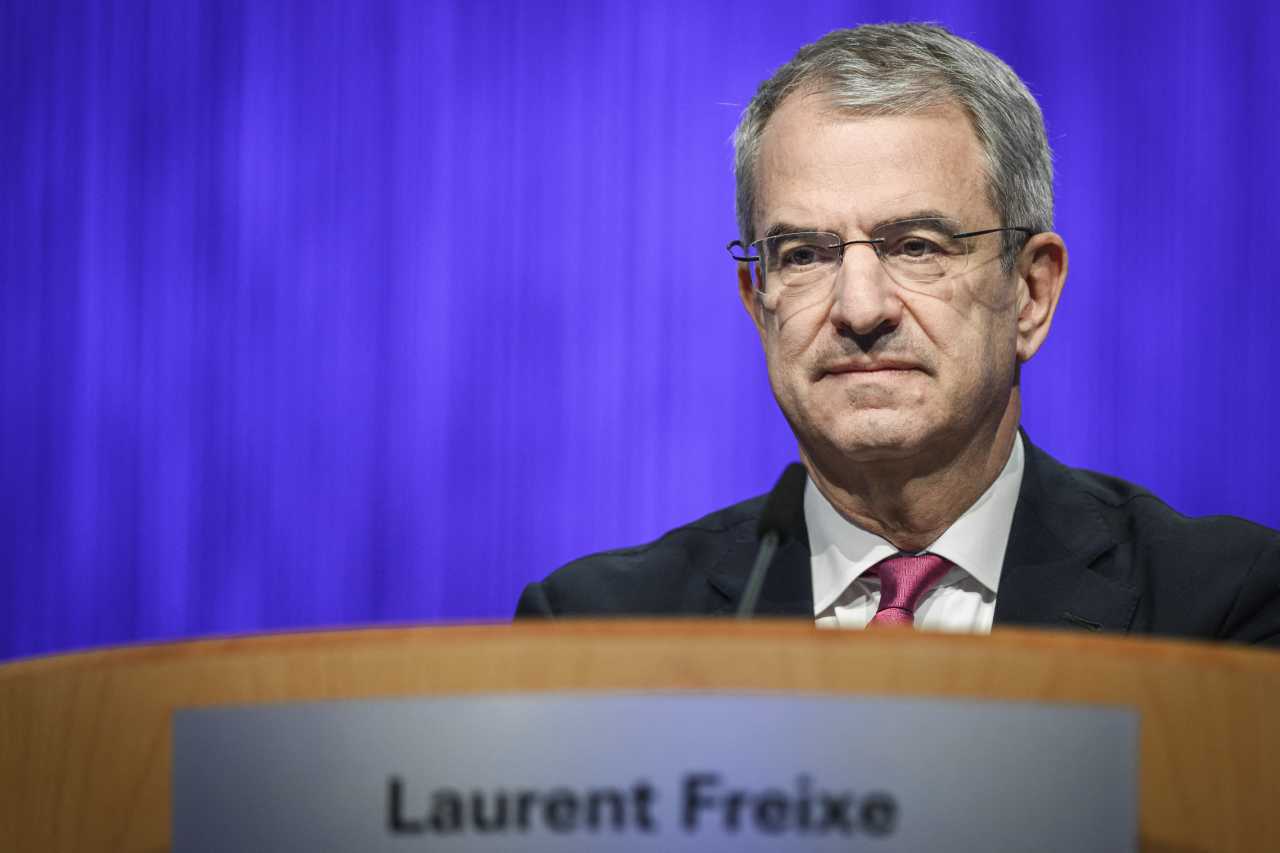Nestlé Fires CEO Laurent Freixe After Less Than a Year Over Undisclosed Workplace Affair
Nestle laurent freixe – Nestlé, the Swiss-based global food giant, has terminated CEO Laurent Freixe after just 12 months, citing an undisclosed romantic affair with a subordinate employee that violated the company’s code of conduct. Announced on September 1, 2025, the abrupt dismissal follows an internal investigation triggered by a whistleblower, marking Nestlé’s second CEO ouster in 13 months. Philipp Navratil, a 24-year company veteran, was named successor, with the board emphasizing continuity in strategy despite the upheaval. As Nestlé grapples with sales declines and past controversies, this high-profile firing underscores the tightening grip of corporate governance on executive behavior, sparking debate about workplace ethics.
The Dismissal: A Whistleblower Sparks Swift Action
Investigation and Outcome Nestlé fires CEO
The Nestlé Board, chaired by Paul Bulcke with Lead Independent Director Pablo Isla, launched an investigation with external counsel after a whistleblower reported Freixe’s undisclosed relationship with a direct subordinate, who was not an executive board member. The probe confirmed a breach of Nestlé’s code of business conduct, which requires disclosing relationships to avoid conflicts of interest. Freixe, 63, was dismissed effective immediately on September 1, receiving no severance package—a move signaling zero tolerance for such violations.
Bulcke stated, “Our governance principles are the bedrock of Nestlé’s success. We regret this action but remain committed to our values.” The company withheld details about the subordinate’s identity or status, citing privacy concerns, but confirmed the affair was consensual yet unreported.
Market and Corporate Response
Nestlé’s shares (NESN.SW) edged up 0.13% to 75.49 Swiss francs ($88.92) on September 1, reflecting investor confidence in the seamless transition to Navratil. Analysts at Bloomberg noted that the lack of an exit package and Navratil’s internal appointment minimized disruption, unlike the volatility following former CEO Mark Schneider’s exit in August 2024.
Background: Nestlé’s Leadership Woes and Broader Context
Freixe’s Brief Tenure
Laurent Freixe, a French national, joined Nestlé in 1986, rising through marketing and sales to lead the Nutrition Division (1999-2004) and Latin America operations (2014-2020). Appointed CEO in September 2024, he aimed to refocus on core brands like Nescafé, KitKat, and Purina, criticizing Schneider’s push into health supplements. However, first-half 2025 sales fell 1.8% to 44.2 billion Swiss francs ($55 billion), hit by weak China demand and soaring cocoa and coffee costs.
A Pattern of Controversy
This is Nestlé’s second CEO firing since Schneider’s ouster, which stemmed from cultural misalignment and criticism over Russia operations post-2022 Ukraine invasion. The company also faced a 2020 harassment lawsuit against Bulcke, settled for $2.5 million, with former employee Yasmine Motarjemi calling the latest firing hypocritical: “Nestlé punishes love but overlooks harassment.” Such incidents align with broader corporate trends—BP’s Bernard Looney resigned in 2023 over undisclosed relationships, and McDonald’s Steve Easterbrook was fired in 2019 for similar violations.
Nestlé, with $100 billion+ in 2024 sales and a 20% L’Oréal stake, faces pressure from Swiss pension funds after a 40% share drop since 2022, driven by weight-loss drug trends and commodity inflation.
Key Details and Verified Facts
- Investigation Trigger: Whistleblower report via Nestlé’s compliance channel; external counsel confirmed conflict of interest.
- Freixe’s Exit: Immediate dismissal, no severance, announced September 1, 2025.
- Successor: Philipp Navratil, 48, joined Nestlé in 2001; led Nespresso (2024) and Coffee Strategic Business Unit (2020-2024).
- Financial Snapshot: 2025 sales down 1.8%; shares stable post-firing.
- Policy Breach: Undisclosed consensual affair with a non-executive subordinate.
Navratil, in his first remarks, pledged to “drive efficiency” and maintain focus on coffee, petcare, and core foods, with no strategic overhaul planned.
Expert Opinions and Public Reactions
Corporate governance experts commended Nestlé’s decisiveness. A University of Zurich professor stated, “This reinforces accountability at the top, aligning with global standards seen at Intel and Kohl’s.” However, Motarjemi’s LinkedIn post sparked debate, alleging inconsistent handling of misconduct: “Harassment gets a pass, but a relationship ends a career?”
On X, reactions ranged from support to skepticism: “Nestlé’s quick to fire their CEO over an affair but slow on ethical sourcing issues?” posted one user, gaining 200 likes. Another praised the board: “Ethics first—Nestlé sets an example for corporate America.” LinkedIn discussions focused on workplace policies, with HR experts advocating mandatory disclosure of relationships. Reuters highlighted the firing as part of 2025’s consumer goods shake-ups, alongside Unilever and Danone.
Impact on U.S. Readers: Economy, Lifestyle, and Corporate Norms
Economic Implications
For U.S. consumers and investors, Nestlé’s stability affects household staples like Gerber, Toll House, and Nespresso, part of its $100 billion+ global sales. The firing avoids stock volatility (NESN via ADRs), but ongoing sales challenges could raise prices amid inflation. Navratil’s focus on efficiency may strengthen U.S. market share, countering rivals like Kraft Heinz.
Lifestyle and Workplace Culture
The affair scandal resonates with U.S. workers, where 40% report workplace relationships, per SHRM data. It highlights evolving norms in a #MeToo era, prompting tighter HR policies on consensual relationships. For American lifestyles, Nestlé’s products—from morning coffee to pet food—remain staples, but the firing could boost brand trust if transparency holds, or erode it if past issues resurface.
Broader Societal Impact
Politically neutral, the story mirrors U.S. cases like McDonald’s (2019) and Kohl’s (2025), reinforcing calls for corporate accountability. It may drive ESG focus among investors, impacting pension funds with Nestlé stakes. For U.S. readers, it underscores ethical expectations in global brands, potentially influencing workplace culture across industries.
Conclusion: Ethics Over Leadership Stability
Nestlé’s swift firing of CEO Laurent Freixe for an undisclosed workplace affair reflects its uncompromising stance on governance, even at the cost of a second leadership shake-up in a year. Philipp Navratil’s appointment ensures strategic continuity, but challenges like sales declines and past controversies loom large. For U.S. consumers, this saga reinforces the importance of ethical leadership in brands shaping daily life. As Navratil takes the helm, expect scrutiny on his ability to navigate economic headwinds while upholding trust. This firing closes a chapter but opens a broader conversation on workplace ethics in the corporate world.
